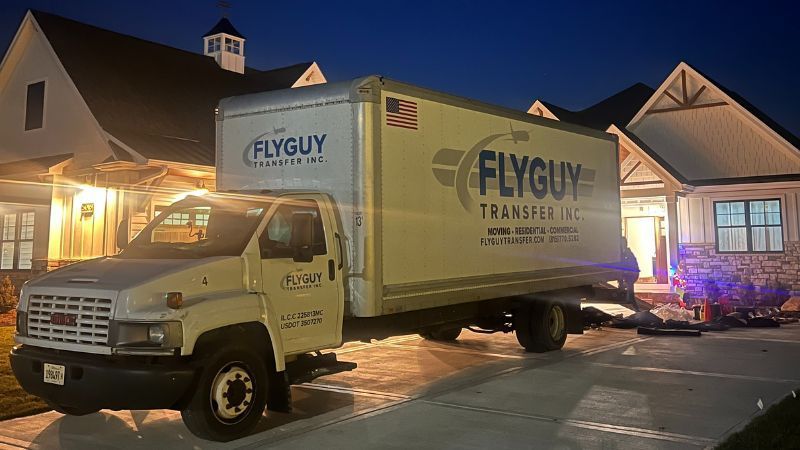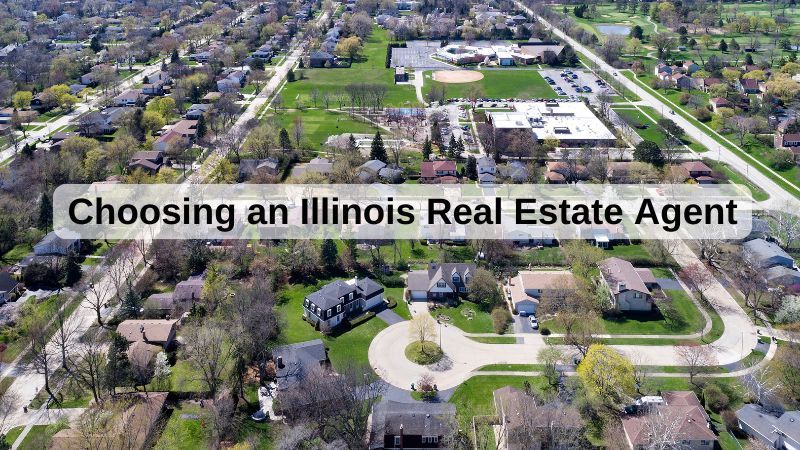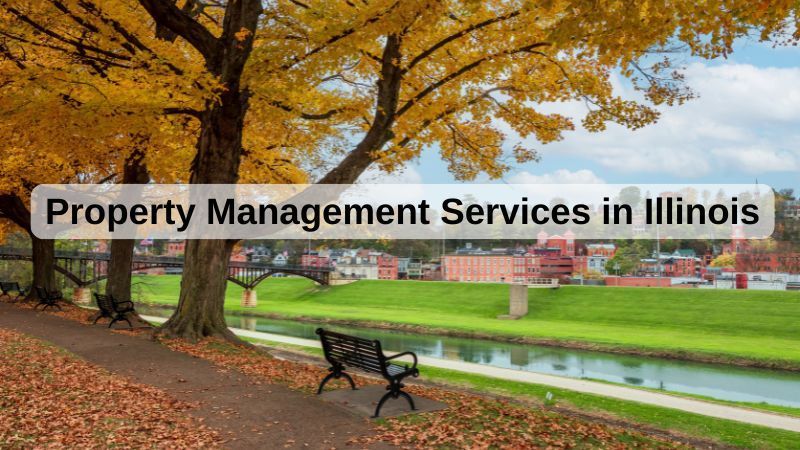Navigating Elmhurst IL Local Moving Regulations & Permits

Local moving regulations refer to the policies, rules, and guidelines set by local governmental bodies that dictate how moves should be conducted within a specific area. These regulations ensure the safety, security, and efficiency of the residential moving process.
- Importance of adhering to local regulations:
- Ensures the smooth functioning of traffic and neighborhood activities.
- Prevents damages and disturbances to local properties.
- Helps avoid fines and penalties for non-compliance.
Regulatory Agencies and Offices
Several local agencies handle moving regulations in Elmhurst, IL:
- Elmhurst City Hall: The primary body responsible for issuing permits and guiding residents through the process.
- Contact Information: Address: 209 N York St, Elmhurst, IL 60126
- Phone: (630) 530-3000
- Elmhurst Police Department: Handles traffic regulation and parking permit issuance for moving trucks.
- Contact Information:
- Phone: (630) 530-3050
- Address: 125 E 1st St, Elmhurst, IL 60126, United States
Types of Moving Permits Required
In Elmhurst, different types of moving permits might be required based on your specific moving needs:
- Residential Moving Permits: For households moving in or out of residential areas.
- Commercial Moving Permits: For businesses relocating within Elmhurst.
When Do You Need a Permit?
You’ll need different permits in various scenarios. Here are the most common ones:
- Residential moves: Permits might be necessary if you’re using large vehicles that need to park on the street.
- Commercial moves: Always require permits due to the typically larger scale and scope.
- Street obstructions: Any move that obstructs public streets or sidewalks usually needs a permit.
How to Apply for a Moving Permit in Elmhurst, IL
Applying for a moving permit in Elmhurst, IL involves several steps which are straightforward if followed carefully:
- Visit the Elmhurst City Hall website: Navigate to the permits section.
- Fill out the application form: Include vital details such as the date of move, type of vehicle, and specific address.
- Submit required documents: Identification and proof of residency or business operation.
- Pay the application fee: This varies based on the scope of the move.
- Required Documents:
- Proof of identity (Driver's License or ID card)
- Proof of residence or business operation
- Moving company information, if applicable
Homeowner associations and rental agreements often have specific rules regarding moving. Here’s what to consider:
- Homeowner Association (HOA) Rules: Check with your HOA to understand specific moving guidelines, which may include designated moving days or time frames.
- Rental Policies: Landlords may impose restrictions related to local moving, such as specific moving hours or required notice periods.
Avoiding Common Legal Pitfalls
Legal issues can complicate your move. Here are some common pitfalls and how to avoid them:
- Incomplete Permits: Ensure all permits are fully completed and submitted on time.
- Ignoring Vehicle Restrictions: Always use appropriately-sized vehicles as per city regulations.
- Non-Compliance: Familiarize yourself with all regulations and strictly follow them.
Frequently Asked Questions
Q: Do I always need a moving permit in Elmhurst, IL? A: Not always. However, large moves and commercial relocations generally require permits.
Q: Can I get a permit on the same day as my move? A: It’s advisable to apply for permits well in advance to avoid any last-minute issues.
Q: Are there specific times I cannot move in Elmhurst? A: Yes, moves are often restricted early in the morning and late at night to reduce disturbances.
Q: What happens if my move obstructs a public street without a permit? A: You may face fines and be required to stop any obstructive activities until a permit is obtained.
Our Expert Assistance Awaits
Planning a move in Elmhurst, IL can be challenging, but with
Fly Guy Moving, you’re in expert hands. Our full-service moving company assists with every aspect of your move, from securing permits to the heavy lifting.
Related Blog Posts



We offer complete moving services for any Illinois resident. Whether you’re looking for local movers or specialty movers, we are your best bet!
Links
We offer complete moving services for any Illinois resident. Whether you’re looking for local movers or specialty movers, we are your best bet!
Links
© Copyright 2025 | All Rights Reserved |
Fly Guy Moving | IL.C.C. 225813
